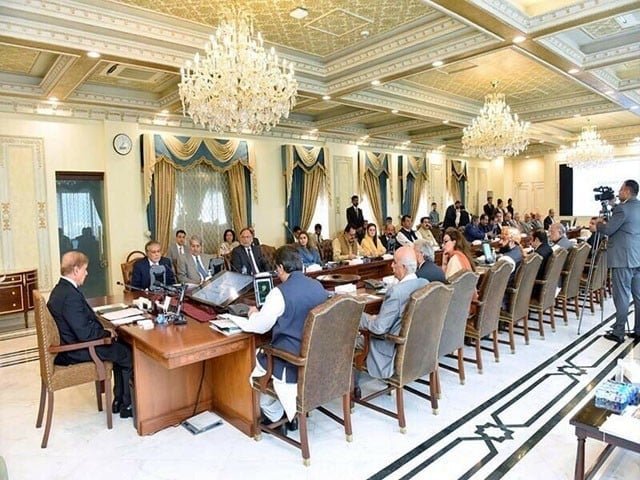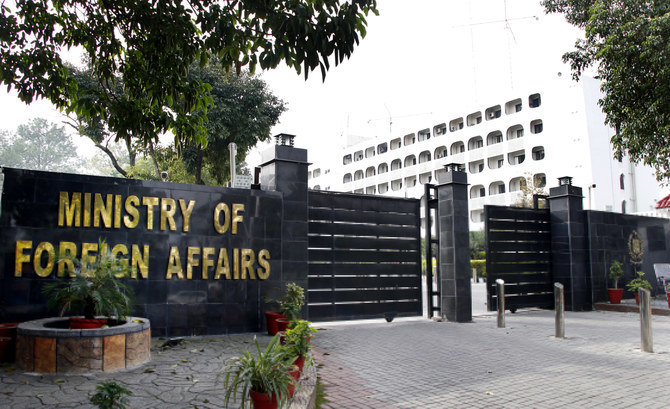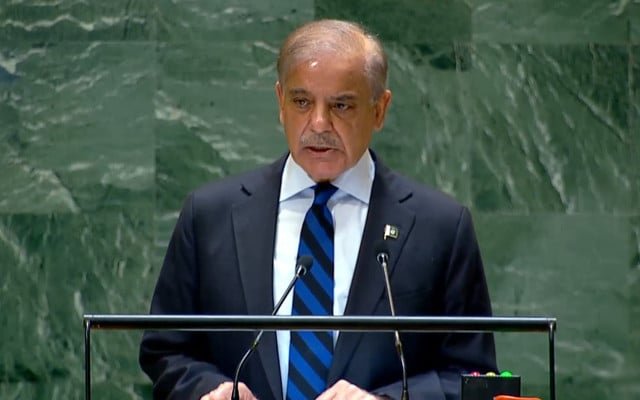In a critical move to safeguard Pakistan’s trade interests with the European Union, the government has approached the Law Ministry to determine whether the Special Investment Facilitation Council (SIFC) has the legal authority to override Public Procurement Rules in the urgent hiring of a European lobbying firm.
Sources close to the Secretary of Commerce told Business Recorder that the Ministry of Commerce is pushing to finalize a contract with M/s Haider Global BVBA, a lobbying firm proposed by Pakistan’s Mission in Brussels. The firm is intended to assist in the renewal of Pakistan’s GSP Plus status with the EU—a scheme vital for tariff-free access to European markets. The contract is valued at €6 million (approximately Rs 2 billion) for a three-year period.
The GSP Plus scheme, active since 2014, has significantly boosted Pakistan’s exports to the EU—from $4.6 billion in 2014 to $8.38 billion in 2024. As the scheme nears its extended deadline of December 2027, the next review mission by the European Commission is due later this year. However, due to regional instability, the visit has been delayed, prompting the Ministry to seek immediate external lobbying support.
To expedite the process, the Ministry of Commerce submitted a summary to the Prime Minister—through the Ministry of Foreign Affairs, Finance Division, and SIFC—requesting exemption from PPRA Rules 20 and 21, which usually mandate open competitive bidding. The SIFC endorsed the exemption request on June 10, citing the urgency and economic stakes of the GSP Plus renewal. The Prime Minister’s Office subsequently directed that the case be presented before the PPRA Board with SIFC’s recommendations.
During a PPRA Board meeting, Secretary Commerce Jawad Paul defended the urgency of the exemption, stating that delays could jeopardize Pakistan’s preferential trade status. However, Finance Secretary and PPRA Chair, Imdad Ullah Bosal, clarified that only the PPRA Board can recommend procurement rule exemptions, while execution must rest with the procuring agency—in this case, the Commerce Division.
The discussion also revealed deeper bureaucratic concerns. Secretary Paul argued that once the SIFC recommends exemptions under Section 10-F of the Board of Investment (BoI) Act 2023, there should be no need to seek repeated approvals from the PPRA Board. Board members largely agreed that a standardized legal process should be adopted for cases endorsed by the SIFC.
Ultimately, the Board deferred a final decision and decided to seek a formal legal opinion from the Ministry of Law and Justice. The question at hand: Is SIFC’s endorsement under Section 10-F of the BoI (Amendment) Act 2023 legally sufficient to grant procurement exemptions, or must the PPRA Board also consider the matter under Section 21 of the PPRA Ordinance 2002?
The outcome of this legal review could have far-reaching implications—not only for the GSP Plus lobbying effort but also for how the SIFC exercises regulatory authority across future high-priority economic interventions.
















